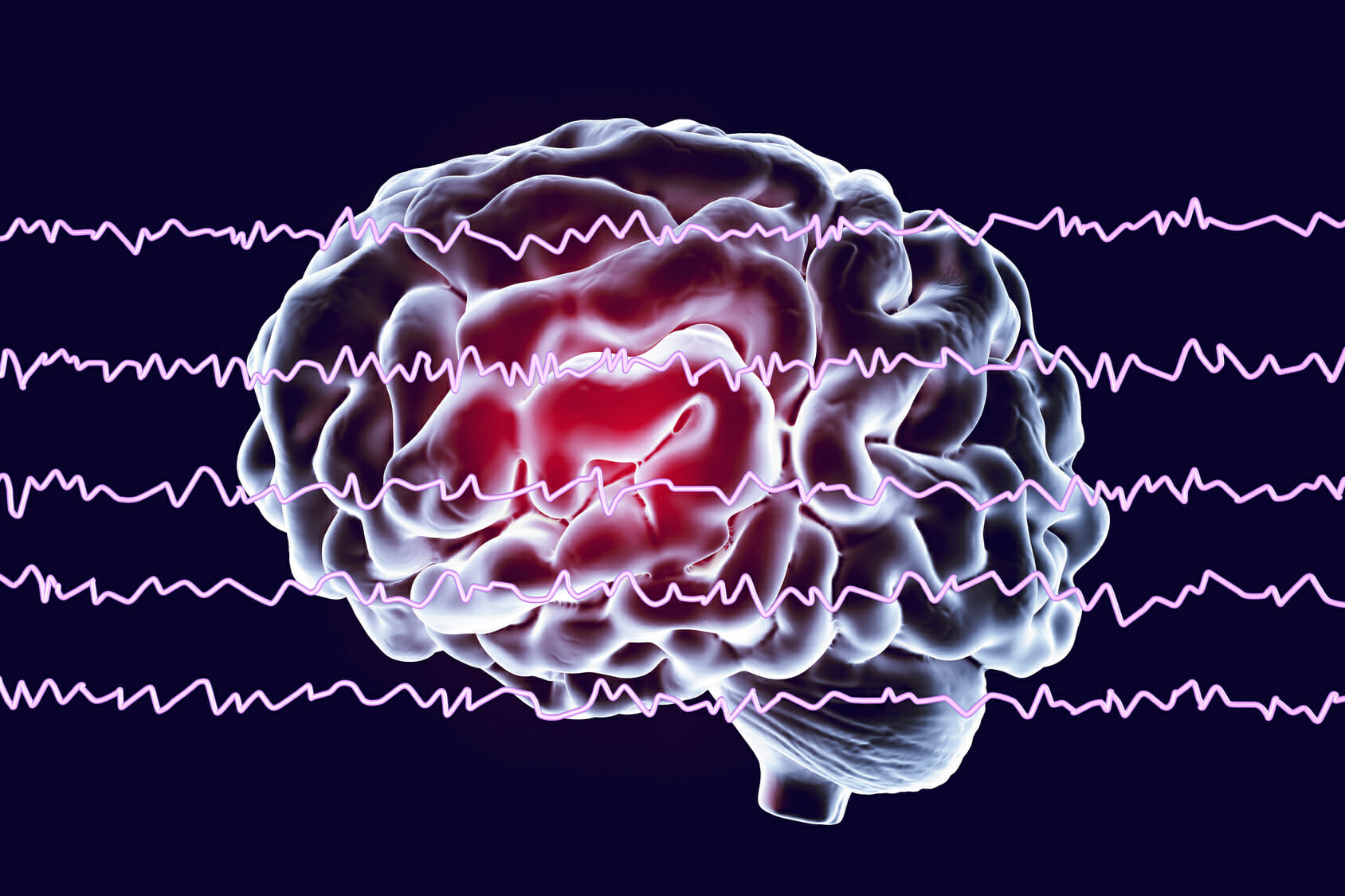Investigating The Way Sleep Ailments Interfere with Brainwave Function as well as Affect Mental Performance
Investigating The Way Sleep Ailments Interfere with Brainwave Function as well as Affect Mental Performance
Blog Article
Slumber is an essential part of our daily lives, enabling our physical selves and mental faculties to rest and rejuvenate. However, many people suffer from sleep disorders, which can significantly disturb sleep patterns. These disorders can lead to multiple issues, including alterations in brainwave activity. Brainwaves are electronic signals in the brain that reflect our cognitive state and function. When sleep is interrupted, the typical patterns of brainwaves can be impacted, resulting to problems with mental function, such as memory, attention, and judgment.
There are various types of slumber disorders, including insomnia, slumber apnea, and restless leg syndrome. Sleeplessness is defined by difficulty going or staying asleep, while sleep apnea entails interruptions in breathing during slumber. Unsettled leg syndrome causes discomforting sensations in the legs, resulting to an irresistible desire to move them. Each of these disorders can disrupt the normal sleep cycle, which comprises of different stages, including light sleep, profound sleep, and REM (rapid eye movement) slumber. Each stage holds a crucial role in preserving overall brain health and function.
When slumber disorders interfere with these stages, brainwave activity can become irregular. For example, during profound sleep, the brain generates slow delta waves, which are important for bodily restoration and memory consolidation. If a individual undergoes frequent awakenings or does not attain deep sleep, the production of these delta waves is diminished. This can lead to challenges in acquiring new information and retaining memories. Additionally, REM sleep, which is linked with fantasizing and emotional processing, is also impacted. Disruptions in REM sleep can lead to issues with emotional regulation and inventiveness.
The effect of sleep disorders on mental function is significant. Research has demonstrated that people with sleep disorders often experience challenges with attention and focus. This can affect their capability at school or work, making it challenging to finish tasks or engage in discussions. Furthermore, long-term sleep deprivation can result to mood changes, increased stress, check out the post right here and even nervousness or depression. These cognitive and affective challenges can create a vicious cycle, where poor sleep leads to mental difficulties, which in turn can result to more sleep problems.
Addressing slumber disorders is crucial for improving brainwave activity and mental function. Treatment options may encompass habitual changes, such as establishing a regular slumber schedule, establishing a comfortable slumber environment, and engaging in relaxation techniques. In some cases, clinical intervention may be necessary, such as using a CPAP machine for slumber apnea or pharmaceuticals for insomnia. By prioritizing slumber and seeking appropriate treatment, individuals can improve their overall mental abilities and improve their quality of life. Understanding the connection between slumber disorders, neural wave activity, and mental function is an important step toward improved health and wellness.